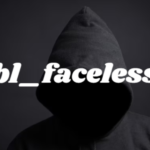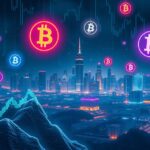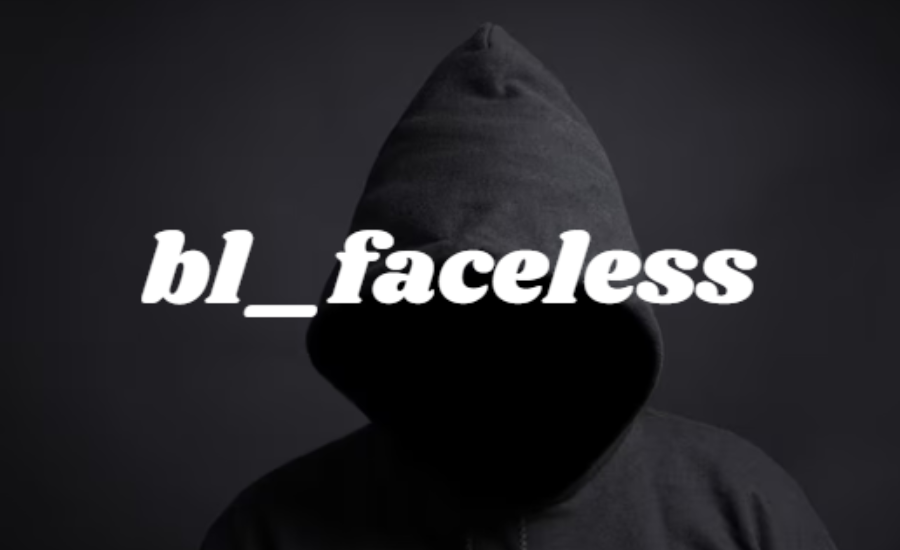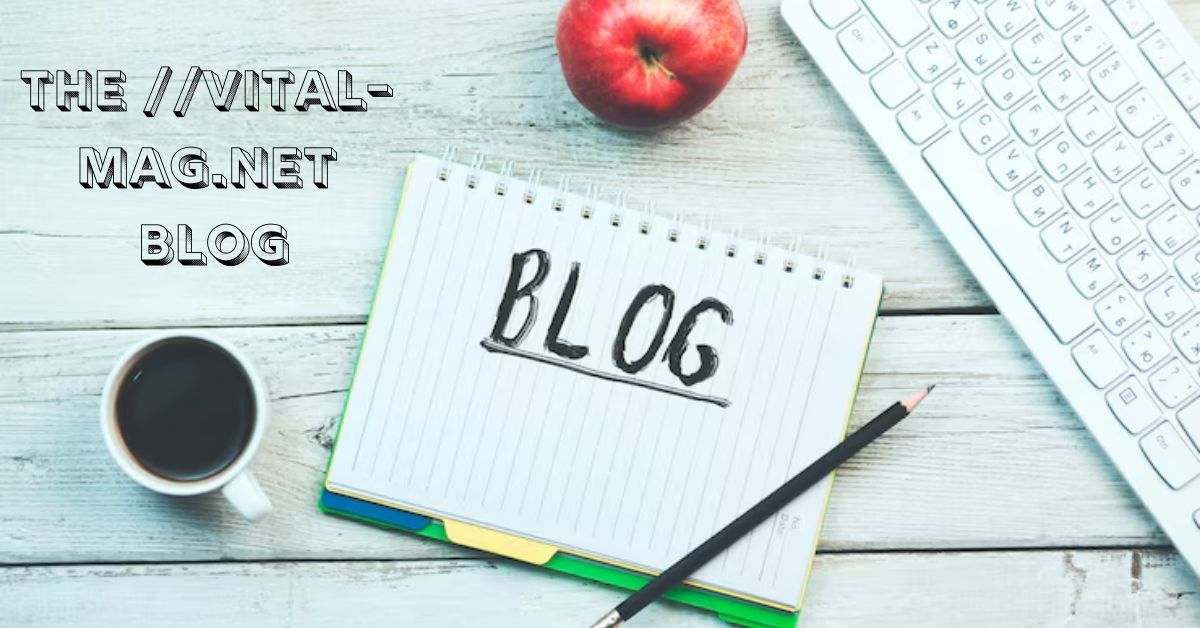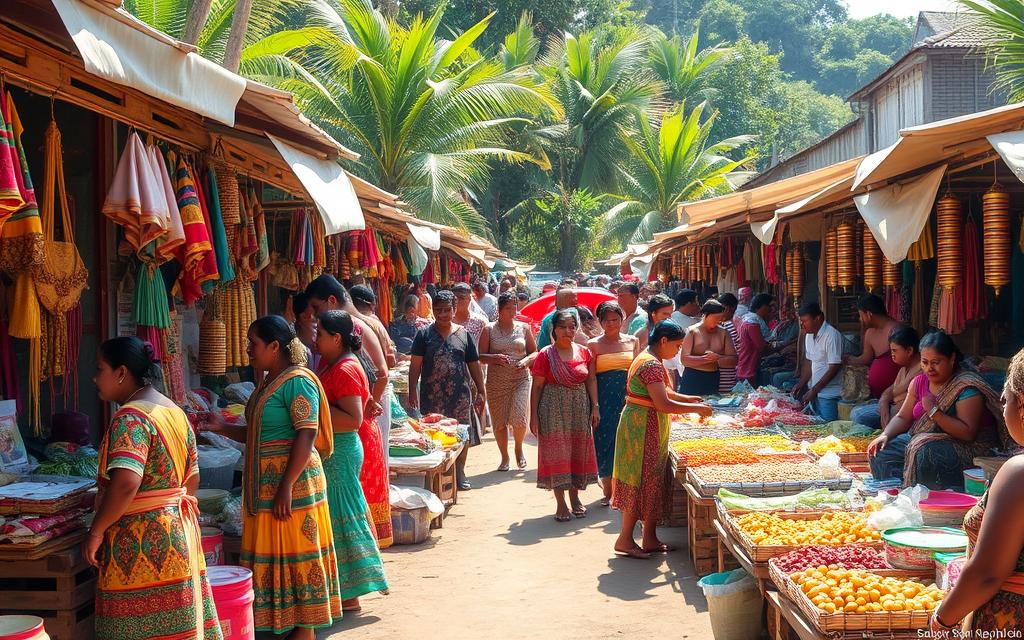In a world where every click, like, and share can be scrutinized, the concept of bl_faceless has emerged as a beacon for those who value both privacy and self-expression. Imagine being able to voice your thoughts without the weight of your identity hanging over you. This intriguing idea allows individuals to navigate the digital landscape with more freedom than ever before. But what does it really mean to be bl_faceless? As we delve into this fascinating intersection of anonymity and expression, we’ll uncover its significance in today’s society—where privacy feels increasingly elusive yet remains crucial for authentic communication. Join us on this exploration as we examine how bl_faceless is shaping our interactions while preserving our right to speak freely.
The importance of privacy in the digital age
Privacy in the digital age is paramount. As our lives become increasingly intertwined with technology, safeguarding personal information has never been more crucial.
Every click, like, and share contributes to a vast digital footprint. This data can be exploited by corporations or malicious actors if not properly protected. People have a right to control their own narratives without fear of scrutiny or backlash.
Moreover, privacy fosters creativity and authentic expression. When individuals feel secure about their identities online, they are more likely to voice opinions and share artistic endeavors freely.
The implications extend beyond personal boundaries; they affect society as a whole. A culture that respects privacy nurtures trust among its members and encourages diverse thoughts without the looming threat of surveillance or judgment.
In this landscape where everything is interconnected, maintaining one’s privacy equates to preserving freedom itself.
Evolution of bl_faceless and its impact on personal expression
The concept of bl_faceless has evolved significantly over the years. Initially, it was a niche practice among artists and activists seeking anonymity. Today, it permeates various aspects of online culture.
Social media platforms have played a crucial role in this transformation. Users often choose to remain faceless to express thoughts freely without fear of backlash or judgment. This newfound freedom allows for more authentic conversations about sensitive topics.
Moreover, bl_faceless encourages creativity. Artists can explore new identities through their work without being tied to their real-world personas. This shift fosters innovation while protecting individual privacy.
As technology advances, the boundaries of personal expression continue to expand. The ability to separate one’s identity from content opens doors for diverse voices that might otherwise go unheard in traditional forums.
Case studies: Famous individuals and their use of bl_faceless
Many famous individuals have embraced the concept of bl_faceless to navigate their public personas.
Take Banksy, for instance. This elusive street artist shrouds his identity while making powerful political statements through art. The anonymity allows him to express controversial ideas without facing backlash.
Then there’s the renowned tech whistleblower Edward Snowden. His revelations about government surveillance highlighted privacy issues and sparked global debates on freedom of expression versus national security. Bl_faceless became a crucial part of his narrative, protecting him from potential repercussions.
Similarly, online influencers often use avatars or pseudonyms to craft distinct identities separate from their real lives. This approach allows them more creative freedom while maintaining personal boundaries.
These examples illustrate how bl_faceless serves as both a shield and a platform for self-expression in an increasingly interconnected world where privacy is constantly at risk.
Criticisms and controversies surrounding bl_faceless
Critics of bl_faceless often point to the potential for misuse. Anonymity can foster a shield behind which malicious behavior thrives. Harassment, trolling, and cyberbullying are amplified when individuals feel protected by their faceless identity.
Moreover, there’s a growing concern about accountability. Without identifiable markers, it becomes challenging to hold people responsible for their actions online. This ambiguity raises ethical questions about freedom versus responsibility.
Some argue that bl_faceless diminishes authenticity in communication. When expressions lack personal context or transparency, they may lose depth and meaning.
There’s debate around its implications for societal norms. Critics worry that rampant anonymity could erode trust within communities and complicate meaningful dialogue across differing viewpoints.
Balancing privacy and freedom of expression
Balancing privacy and freedom of expression is a delicate dance. On one hand, individuals crave the ability to speak freely, share ideas, and express themselves without fear. This fundamental right fuels creativity and innovation.
On the other hand, privacy safeguards protect personal information from misuse or exploitation. When people feel their private lives are under constant surveillance, self-censorship can stifle their voices.
Finding harmony between these two elements is crucial in today’s digital landscape. Enhanced privacy controls empower users to engage openly while maintaining control over what they share.
Platforms must navigate this balancing act carefully. They need to create environments that encourage authentic expression while also prioritizing user confidentiality.
As society continues to evolve technologically, these discussions will only grow more complex. The quest for equilibrium remains an ongoing challenge that shapes modern communication dynamics profoundly.
The future of bl_faceless and its role in society
The future of bl_faceless is poised to shape how we navigate our digital lives. As technology advances, anonymity and privacy will become even more crucial for individuals seeking refuge from constant surveillance.
Emerging platforms may prioritize user anonymity, allowing people to express themselves freely without fear of retribution. This could lead to a renaissance of creativity where art, music, and social commentary thrive without the pressure of public scrutiny.
However, with this shift comes responsibility. Crafting spaces that respect privacy while fostering genuine interaction will be vital. The balance between safeguarding identities and encouraging open dialogue will define new online communities.
As society grapples with these changes, the role of bl_faceless in activism and personal expression cannot be underestimated. It has the potential to amplify voices often silenced by societal expectations or political pressures.
Conclusion:
The landscape of expression is shifting. People crave both anonymity and connection in ways that challenge traditional norms.
bl_faceless represents this duality. It allows individuals to share without fear, enabling diverse voices to emerge from the shadows.
As technology evolves, so does our understanding of privacy. The dialogue around bl_faceless will continue to grow, shaping societal values and personal choices.
What lies ahead remains uncertain. Yet, the need for secure spaces where creativity thrives will always be relevant.
Each person’s journey with bl_faceless unfolds uniquely, filled with potential and responsibility. Society must navigate these waters carefully as we redefine what it means to express ourselves freely while safeguarding our identities.
FAQs
What does “bl_faceless” mean?
Bl_faceless refers to practices that prioritize privacy by allowing individuals to express themselves anonymously on various platforms without revealing their true identity.
Why is privacy important today?
Privacy safeguards personal information and allows individuals to control what they share publicly; it also protects against misuse or exploitation of data online.
Can bl_faceless promote negative behavior?
While many use it positively for self-expression or activism, some people




